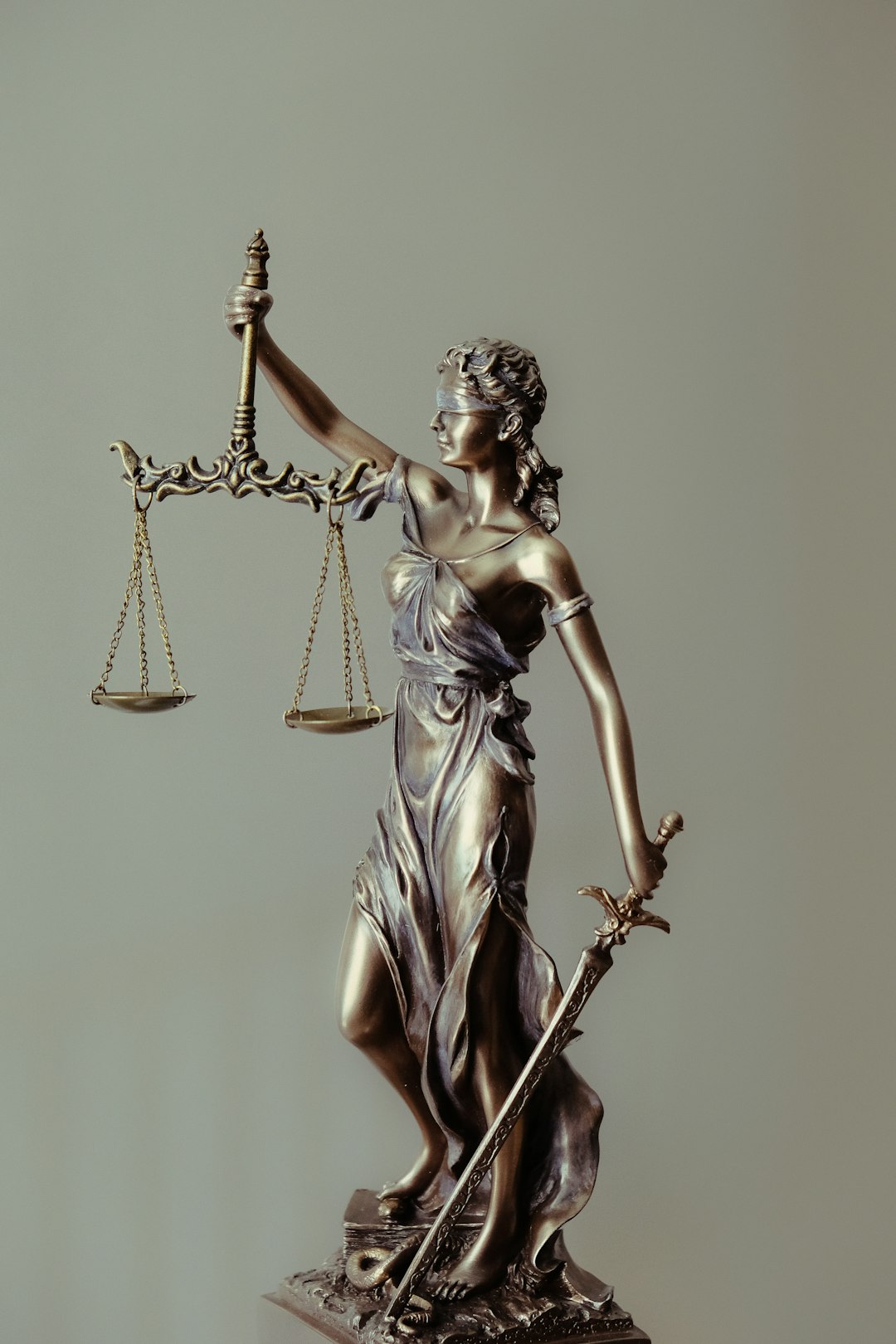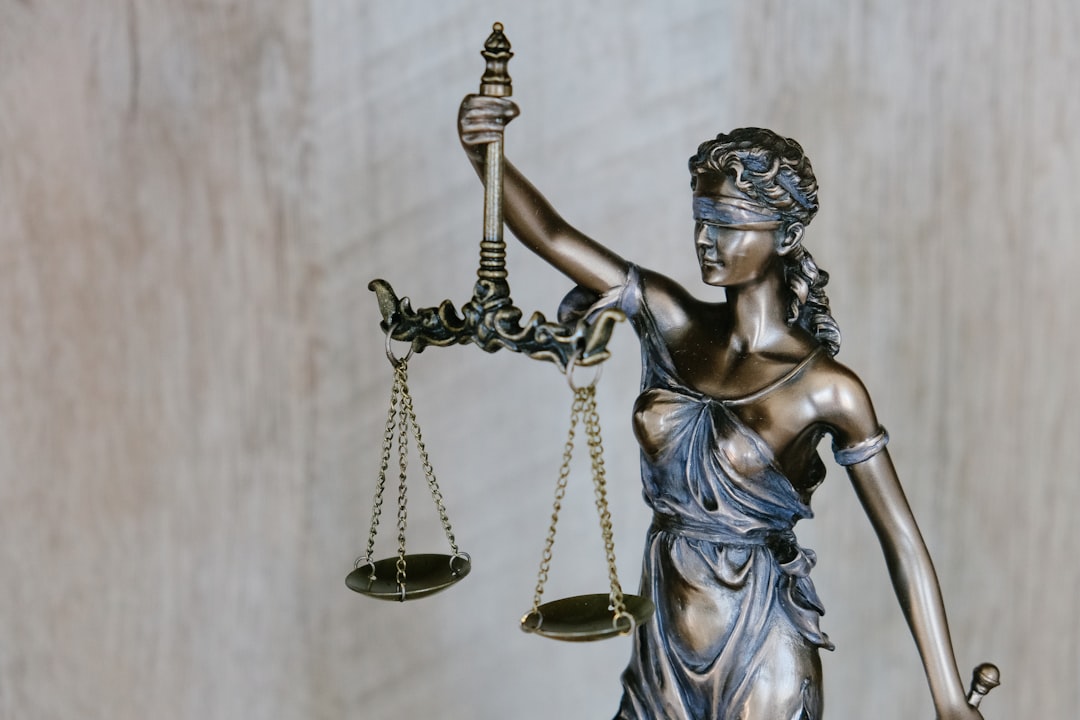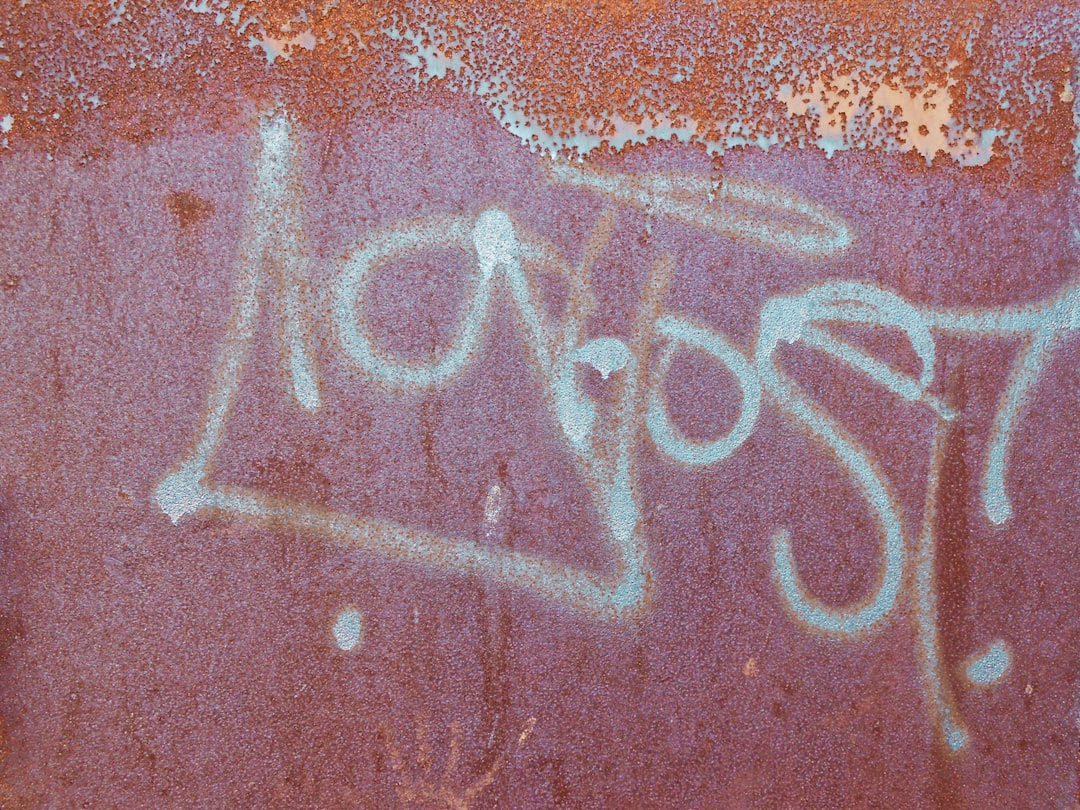Social media plays a vital role in Georgia's massage abuse cases, offering lawyers crucial evidence to hold perpetrators accountable. Massage abuse attorneys navigate state laws and court rules, particularly the Georgia Evidence Code, to use digital evidence effectively. They verify social media posts' authenticity, reliability, and relevance, using metadata, account history, and cross-referencing. Strategic presentation of this evidence, including redaction and visual aids, supports victim accounts and strengthens legal strategies for massage abuse lawyers in Georgia.
In recent years, social media has emerged as a powerful tool in investigating and prosecuting massage spa abuse cases. This article explores the admissibility of social media evidence in Georgia, focusing on how digital platforms can uncover and expose instances of misconduct. With an increasing number of victims sharing their experiences online, understanding Georgia’s legal framework regarding digital evidence is crucial for massage abuse lawyers. We’ll delve into the role of social media, state laws, and strategies for effectively presenting this compelling evidence in court.
Understanding Social Media's Role in Massage Abuse Cases

Social media has become an integral part of our daily lives, and its impact extends to various legal domains, including massage abuse cases in Georgia. For a state with a thriving wellness industry, understanding how social media evidence can be utilized is paramount, especially when it comes to holding perpetrators accountable. A massage abuse lawyer in Georgia would be remiss not to consider these digital trails as potential evidence.
In massage spa abuse cases, social media platforms can offer a wealth of information about the accused and their alleged victims. Posts, messages, and online reviews can provide insights into the suspect’s character, patterns of behavior, and possible motive. Additionally, these platforms may contain visual evidence, such as photos or videos, that can corroborate or refute allegations made by victims. This digital footprint can be a powerful tool to build or strengthen cases, ensuring justice for survivors.
Georgia Laws on Admitting Digital Evidence

In Georgia, the admissibility of digital evidence, including social media posts, is governed by state laws and court rules. The key piece of legislation to consider for massage abuse cases involving social media is the Georgia Evidence Code, which outlines the standards for admitting electronic records. These records can include text messages, online communications, and social media posts that are relevant to the case.
Massage abuse lawyers in Georgia must understand these legal frameworks to effectively use digital evidence in court. The rules ensure that such evidence is reliable and properly authenticated before being presented as proof. This process involves demonstrating that the digital content has not been altered or tampered with, and that it accurately represents the communications or activities at issue in the case.
Authenticity and Reliability of Social Media Posts

Social media evidence has become a significant tool in various legal cases, including massage spa abuse lawsuits in Georgia. However, establishing the authenticity and reliability of social media posts is paramount to their admissibility as evidence. Posts on platforms like Instagram or Twitter can be easily edited or manipulated, making it crucial for lawyers to verify the original content. A massage abuse lawyer in Georgia must examine the post’s metadata, account history, and any digital fingerprint that can confirm its integrity.
Moreover, consistent with the user’s past behavior and known facts related to the case, social media posts can be cross-referenced to ensure their veracity. In many instances, a detailed analysis of the digital footprint left by users can corroborate or refute claims made on social media, playing a pivotal role in shaping the legal strategy for massage abuse cases in Georgia.
Strategies for Presenting Social Media Evidence Effectively

When presenting social media evidence in a massage abuse case, it’s crucial to approach it systematically. A Georgia massage abuse lawyer should first authenticate the posts or messages, ensuring they are relevant and not hearsay. They can do this by establishing the author’s identity, the platform’s trustworthiness, and the credibility of the content. Contextualizing the evidence within the broader narrative of the case is also key—showing how these digital remnants support the victim’s account of events can significantly bolster their claim.
To effectively use social media evidence, lawyers must also be strategic in selecting relevant posts that directly relate to the abuse or subsequent cover-up attempts. Redacting personal information to protect the client’s privacy while preserving the integrity of the evidence is essential. Additionally, using visual aids, such as capturing screenshots or creating graphics, can help juries, often inundated with digital content, quickly grasp and remember critical details.






